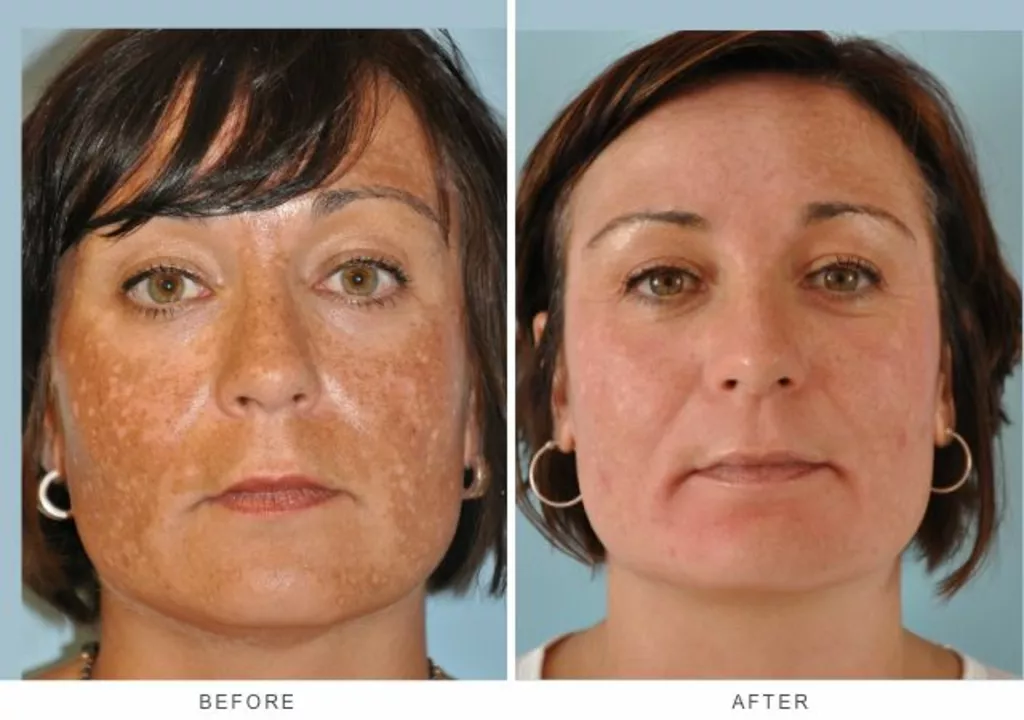High or low humidity isn't just uncomfortable — it can change how your medicines and supplements work. Moisture can break down pills, ruin powders, fog up inhalers, and encourage mold in creams. Know the basics and you’ll keep treatments effective and safe.
Pills and capsules can absorb moisture from the air, which makes them swell, crumble, or lose potency. Powders (like some probiotics) clump and become unusable. Liquid meds can develop cloudy layers or particles. Even inhalers and nasal sprays can misfire if seals or valves are affected. Topical creams and ointments may grow mold if stored in damp bathrooms.
Packaging matters. Blister packs and sealed ampoules protect better than loose bottles. If a bottle feels sticky, the label is warped, or the powder is lumpy, don’t use it — check with a pharmacist first.
Aim for an indoor humidity of about 30–50%. That range keeps most meds stable and limits mold growth. You don’t need fancy gear — a small digital hygrometer (under $20) tells you the current level.
Quick, useful steps:
If your home is humid, a dehumidifier in basements or damp rooms helps. For short-term fixes, run an exhaust fan when showering and keep windows open for airflow if the outside air is drier.
When to contact a pharmacist: if a medication looks, smells, or feels different; if a liquid has particles; or if labels show moisture damage. Don’t guess — some changes mean the drug is unsafe or less effective.
Humidity also affects your health. High humidity can worsen asthma and allergies by increasing dust mites and mold. Low humidity dries out airways and skin, making colds feel worse. A hygrometer plus small humidifier or dehumidifier can make your home more comfortable and reduce risks to both you and your meds.
One last tip: rotate supplies. Use older prescriptions first and date any containers you open. That reduces the chance of keeping a damaged medicine on the shelf for months.
Small habits like keeping meds sealed, choosing the right room, and watching indoor humidity do a lot. If you’re unsure about a specific drug or storage condition, ask your pharmacist — they’ll give advice tailored to that medicine.

In my latest blog post, I discussed the significant role humidity plays in promoting fungal skin discoloration. I found that damp and humid environments create the perfect breeding ground for fungi, which can lead to skin issues like discoloration and infections. It's essential to maintain proper hygiene and keep our skin dry to prevent such problems. I also suggested some practical tips to reduce humidity at home, such as using a dehumidifier and ensuring proper ventilation. Overall, understanding the link between humidity and fungal skin discoloration can help us take better care of our skin and avoid unsightly and uncomfortable issues.
